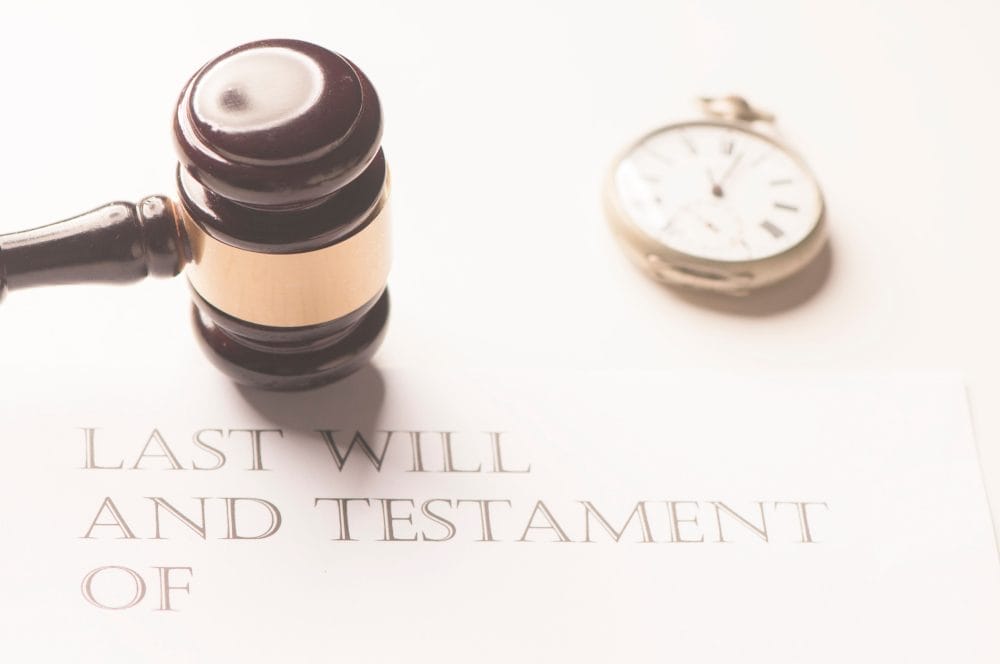Your will is supposed to be the ultimate gift to your loved ones—clear instructions, an organized estate, and no messy arguments. But here’s the plot twist: a will can actually create more legal headaches than it solves. Families have been torn apart, inheritances eaten by lawyers’ fees, and assets trapped in court for years, all because of “perfectly fine” wills.
The issue isn’t that people don’t write them—it’s that they don’t realize how easily they can backfire. Understanding the traps lurking inside a will can mean the difference between a smooth inheritance and a legal nightmare.
The Trap of Outdated Information
A will is not a set-it-and-forget-it document. Life changes—marriages, divorces, new children, new assets—can make an old will dangerously inaccurate. An outdated will can leave out rightful heirs, gift property to someone who is no longer alive, or even send assets to an ex-spouse unintentionally.
Courts follow what’s written, not what’s “obviously” meant. This can lead to disputes that spiral into expensive, drawn-out legal battles.
Vague Language That Breeds Conflict
When a will leaves too much open to interpretation, heirs can end up in bitter fights over its meaning. Ambiguities like “divide equally” without specifying details can cause chaos when assets are not easily split. Even small oversights—like not naming a backup executor—can trigger court involvement. Lawyers often end up arguing over what the deceased “would have wanted,” draining time and money. The result is emotional stress layered on top of grief.
Ignoring State-Specific Laws
A will is only as strong as its compliance with the laws where it’s executed. States have different requirements for witnesses, notarization, and even the language used. A will valid in one state may be partially or completely invalid in another.
Moving without updating a will can create loopholes that invite legal challenges. Without precise compliance, the will may fail to control the estate at all.
Failure to Address Debts and Taxes
Many wills focus solely on who gets what, ignoring the debts and taxes that come first. If these obligations aren’t addressed, heirs may inherit less than they expect—or nothing at all. In some cases, they may even be forced to sell inherited assets to cover liabilities. Estate taxes, if mishandled, can take a huge bite out of what’s left. A will that overlooks these realities sets heirs up for disappointment and conflict.
Overlooking Non-Probate Assets
Not everything passes through a will. Assets like life insurance, retirement accounts, and jointly owned property often go directly to named beneficiaries or co-owners. If the will contradicts these designations, the non-probate rules win—causing confusion and possibly disputes. People often forget to align beneficiary forms with their will’s terms. This mismatch can lead to uneven inheritances and potential lawsuits among family members.
The Risk of an Unqualified Executor
An executor has enormous power over how an estate is settled. Choosing someone who isn’t financially savvy, trustworthy, or organized can be a costly mistake. Poorly managed estates can lose value quickly through delays, bad investments, or legal missteps. If heirs suspect mishandling, they can take the executor to court, further delaying distribution. The wrong executor can turn a straightforward estate into a legal disaster.
Hidden Assets and Forgotten Property
Wills only work if they account for everything the person owns. Forgotten accounts, unlisted property, or unclaimed investments can remain in limbo for years. Without clear instructions, heirs may never know certain assets exist. This can lead to state “unclaimed property” claims or disputes over ownership. Proper record-keeping is as important as the will itself to ensure nothing slips through the cracks.
Unrealistic Conditions and Demands
Some wills attempt to control heirs’ lives from beyond the grave with extreme conditions. While a few stipulations are enforceable, others are so unreasonable that they’re struck down in court. This can nullify parts of the will and create friction among heirs. Even enforceable conditions can cause resentment and challenges if they’re viewed as unfair. Such demands often result in more legal drama than they’re worth.
Failing to Plan for the Unexpected
A will that doesn’t anticipate contingencies can collapse under unforeseen events. If a named heir dies before the estate is settled, or if the executor refuses the role, the court must step in. Natural disasters, economic changes, or sudden debts can all impact the estate in ways a will may not cover.
Without alternate plans built in, heirs may have to wait years for resolution. This uncertainty turns the will from a guide into a guessing game.
The Danger of DIY Wills
Online templates and do-it-yourself kits promise quick, cheap solutions, but they come with risks. Missing clauses, improper formatting, or failure to meet legal requirements can invalidate the entire will. Even small mistakes—like a missing signature date—can send the estate into probate chaos. What seems like a money-saving choice often costs heirs far more in legal fees. The law does not give leeway for “good intentions” in will preparation.
Secure Your Legacy the Right Way
A will can be a gift of clarity or a gateway to legal turmoil, depending on how it’s created and maintained. Every clause, every signature, and every update matters. The most dangerous will is one that seems fine on the surface but is riddled with hidden flaws. By addressing the pitfalls now, an estate can be passed on with minimal stress and maximum certainty.
Share your thoughts or experiences below—has your family ever faced will-related legal surprises?
Read More
12 Reasons Millennials Are Refusing Family Inheritance
8 Times Inheritance Turned Siblings Into Strangers








